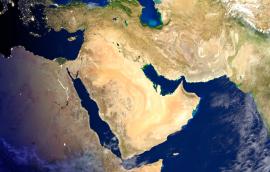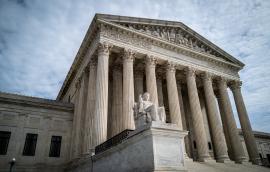Back to Iraq? U.S. Interests and Opportunities in an Environment of Reduced Expectations
As the United States once again ramps up involvement in Iraq, it makes sense to examine U.S. interests and strategy while considering what might constitute realistic parameters for participation and outcome.
In this issue brief, energy fellow Jim Krane explores answers to the question "What are U.S. interests in Iraq and how are they best pursued?"
Jim Krane October 13, 2014









